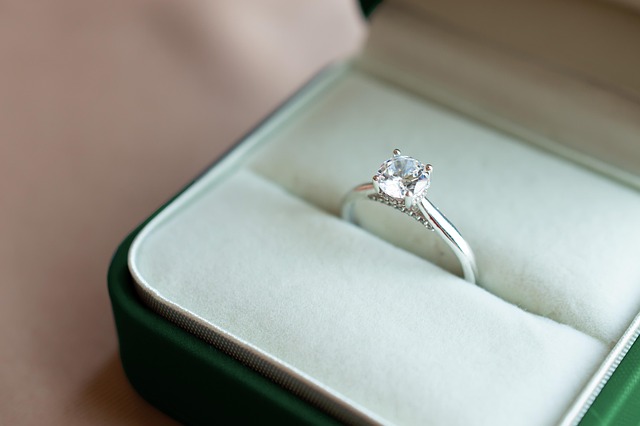When it comes to choosing an engagement ring or piece of fine jewellery, beauty and craftsmanship are often top priorities. But today, more and more couples are asking a deeper question: Can my jewellery reflect my values as well as my style?
The answer lies in the growing movement of ethical jewellery—a conscious approach to design that prioritises sustainability, transparency, and responsibility. Choosing an ethical engagement ring doesn’t mean compromising on beauty; in fact, it often results in jewellery with greater meaning and authenticity.
What Is Ethical Jewellery?
Ethical jewellery goes beyond aesthetics. It focuses on how the materials are sourced, how the piece is made, and the values of the brand behind it. The key principles include:
- Conflict-free diamonds: Ensuring that diamonds are not sourced from areas linked to human rights abuses.
- Fairtrade or recycled metals: Using gold and platinum from certified Fairtrade mines or recycling existing metals to reduce environmental impact.
- Responsible supply chains: Working with partners who can trace materials back to their source.
- Sustainable practices: Minimising waste, energy usage, and harmful chemicals in the jewellery-making process.
These practices not only protect the environment and communities but also give the wearer confidence that their ring is a force for good.
Why Ethical Jewellery Matters
- Environmental responsibility – Traditional mining can be highly destructive. Recycled metals and lab-grown diamonds dramatically reduce the ecological footprint.
- Human impact – Ethical jewellery brands ensure workers are treated fairly and that communities benefit from mining, rather than being exploited.
- Emotional value – Knowing that your engagement ring symbolises love and integrity can make it feel even more significant.
In an era where consumers care about what they wear, eat, and buy, it’s no surprise that jewellery is undergoing the same transformation.
Practical Tips for Choosing an Ethical Ring
If you’re considering an ethical engagement ring or wedding band, here’s what to look for:
- Ask about origin: Where do the stones come from? Can the jeweller trace them back to a responsible source?
- Check certifications: Look for Fairtrade Gold, Kimberley Process certification (for diamonds), or independent ethical sourcing credentials.
- Explore alternatives: Lab-grown diamonds, sapphires, and salt & pepper diamonds are popular ethical alternatives to traditional clear diamonds.
- Choose a responsible jeweller: Independent studios, such as Sophia Perez Jewellery in London, specialise in using recycled metals and conflict-free stones, combining craftsmanship with conscious sourcing.
Ethical Doesn’t Mean Ordinary
One common misconception is that ethical jewellery limits design options. In reality, ethical pieces often feel more unique. Designers who work with responsibly sourced materials tend to emphasise individuality, creativity, and storytelling.
Think unusual gemstones, custom design consultations, and one-of-a-kind engagement rings that reflect both your style and your values. From modern minimalist solitaires to bold statement rings, there’s an ethical option for every couple.
The Future of Fine Jewellery
Ethical jewellery is not just a passing trend—it’s the future of the industry. As awareness grows, more couples are demanding transparency, and more jewellers are embracing sustainable practices.
When you choose an ethical ring, you’re making a powerful statement: love should never come at the cost of people or the planet. Your engagement ring becomes more than just a symbol of commitment; it becomes a symbol of responsibility, authenticity, and hope.
For more interesting posts visit my blog.

